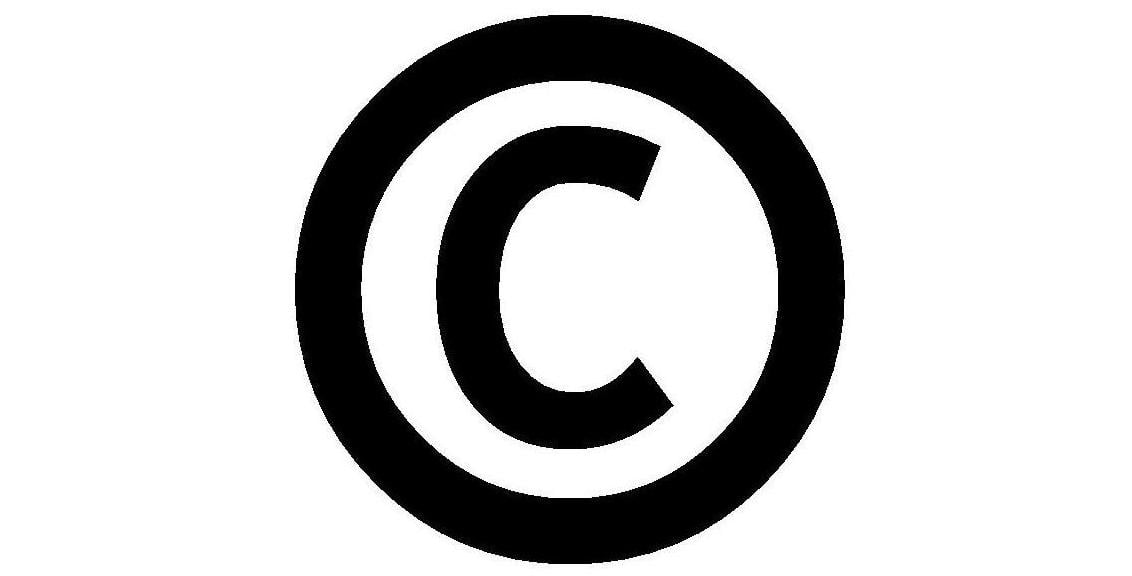The copyright belongs to the person who has created a certain work. If the work was created during employment or on commission, the copyright belongs to the employer or client and not to the original author, unless otherwise agreed. Discussions regarding copyright can be avoided by clearly stipulating in a contract who will be the owner of a copyright.

You instruct an employee or freelancer to design or develop a new product. So does the copyright belong to you or to the employee or freelancer?
The copyright owner has the exclusive right to publish his or her work or to copy it, for instance for sales purposes. Therefore, it is important to know who is entitled to the copyright in a work.
The general principle in copyright is that the author of a work is entitled to the copyright. A work within the meaning of the copyright is a work where literature, science, or art is concerned. This also includes industrial designs, computer programmes, and design material.
A person who creates a product on the basis of a design by another person is not entitled to the copyright. This person is no (co-)author either as he or she had no influence on the conception of the work and the decision-making regarding the design.
But what if the employee or contractor (indirectly) makes a work at the employer’s expense? Does the copyright still belong to the author? No, in that case there are exceptions to the principle of the copyright. The author does create the work but is not deemed eligible to copyright protection. There are three categories:
In the aforementioned exceptions the copyright does not have to be transferred to the employer or client, as they hold the copyright automatically.
Throughout employment the employer can instruct an employee to make an original work, such as creating software. In that case, the employer will be considered as the author of the work. It doesn’t matter whether the work was made by one or more employees as is often the case in software creation. Employer copyright is subject to two conditions:
The underlying idea of the employer’s copyright is that payment of wages does already constitute compensation for the creative work performed. If a creative assignment is given and executed which does not fall under the tasks of the employee as described in the employment contract, this, in principle, is not covered by the payment of wages and the original author will be the copyright owner.
This regulation only applies in the field of industrial design: development of products that are made in industrial mass- or serial production. This is also referred to as freelance regulation as no employment relationship is required.
Here applies that the copyright of designs and models designed on request belongs to the person who made the request. The client is therefore regarded as the ‘designer’, unless parties have otherwise agreed.
This category is about a legal person or company that publishes a work without mentioning the name of the author, for instance, a book or chair made in the company’s name. If a freelance assignment does not fall under the client’s copyright it may be covered by this regulation. The rule is: unless evidence is provided that the work was published wrongfully, the legal person or company is regarded as author and deemed eligible for copyright protection.
An indication that the copyright is not vested in a legal person is, for instance, the signature of the ‘true’ author of the work that does not correspond to the company logo.
Would you like to know whether you are a copyright owner? Would you like Russell Advocaten to draft a clause regarding employer’s or client’s copyright? Please contact us:
Many companies and platforms use the “free” images on Wikipedia. “Free” images, yet out of a sudden a high invoice arrives because of copyright infringement. How can you prevent this?
How important is a confidentiality clause in an employment contract or settlement agreement and how can it be maintained by the employer?
On Monday 4 November 2024, Russell Advocaten Russell Advocaten will host a seminar on Dutch labour law for diplomats, consular agents, and administrative staff from Embassies and Consulates in collaboration with Diplomat Magazine.
On Wednesday 2 October 2024, Jan Dop will be one of the members of the panel that will present timely labor and employment law issues to Primerus clients.
Wednesday 25 September 2024, Reinier Russell will discuss cybersecurity and data protection in litigation at the European meeting of the World Litigation Forum in Barcelona.
On Tuesday 24 September 2024, Reinier Russell and Jan Dop will speak at the Technical Meeting of PAiE, the organisation of professional accountants in Europe.